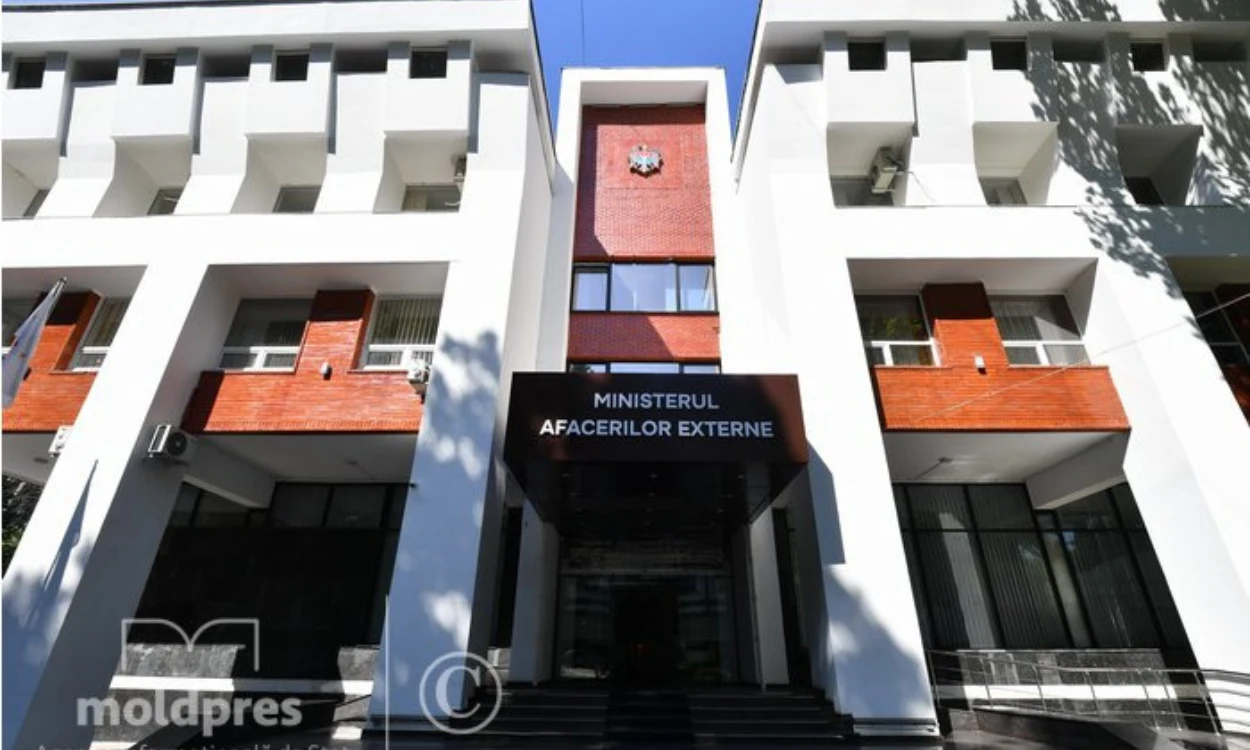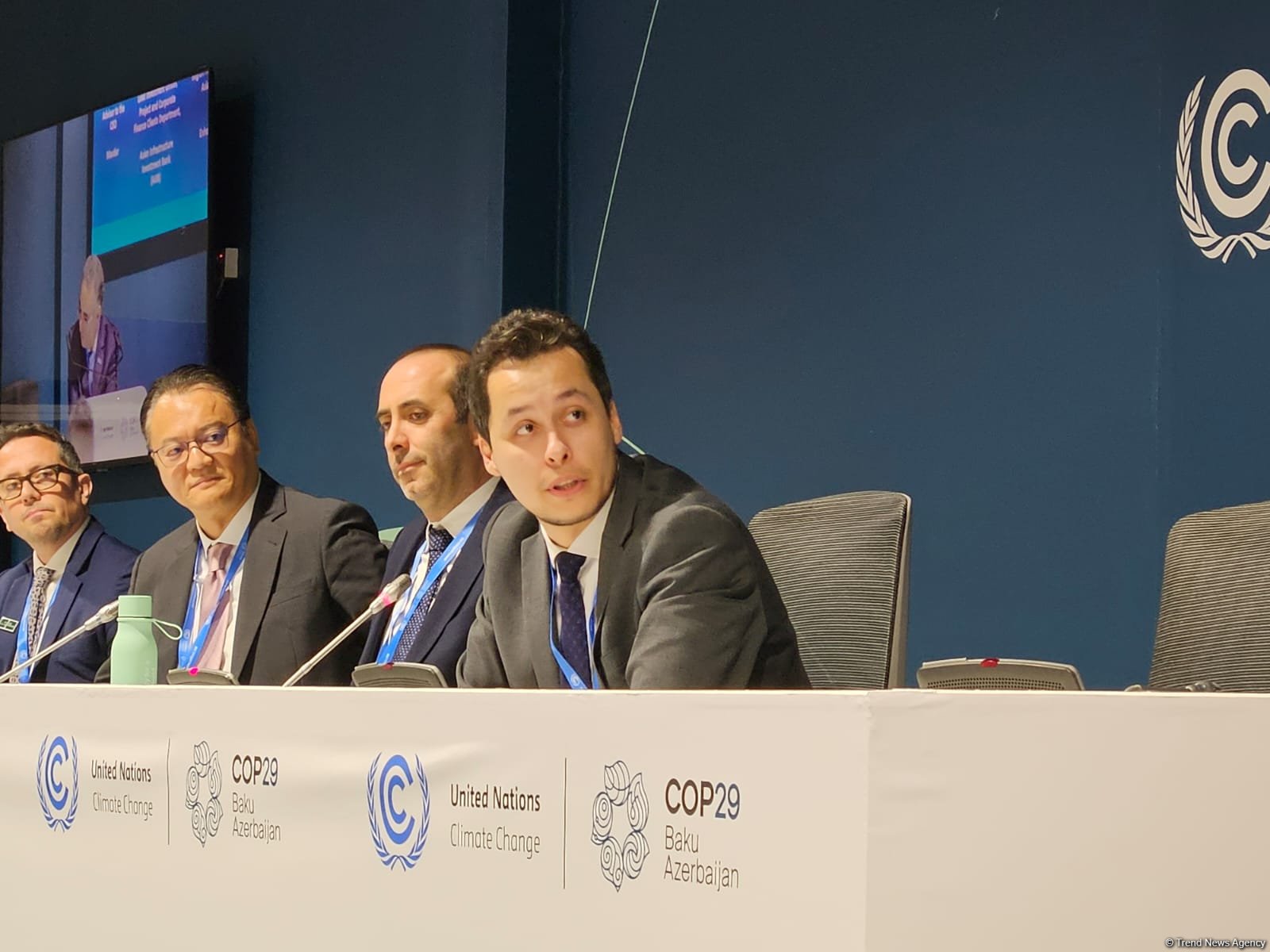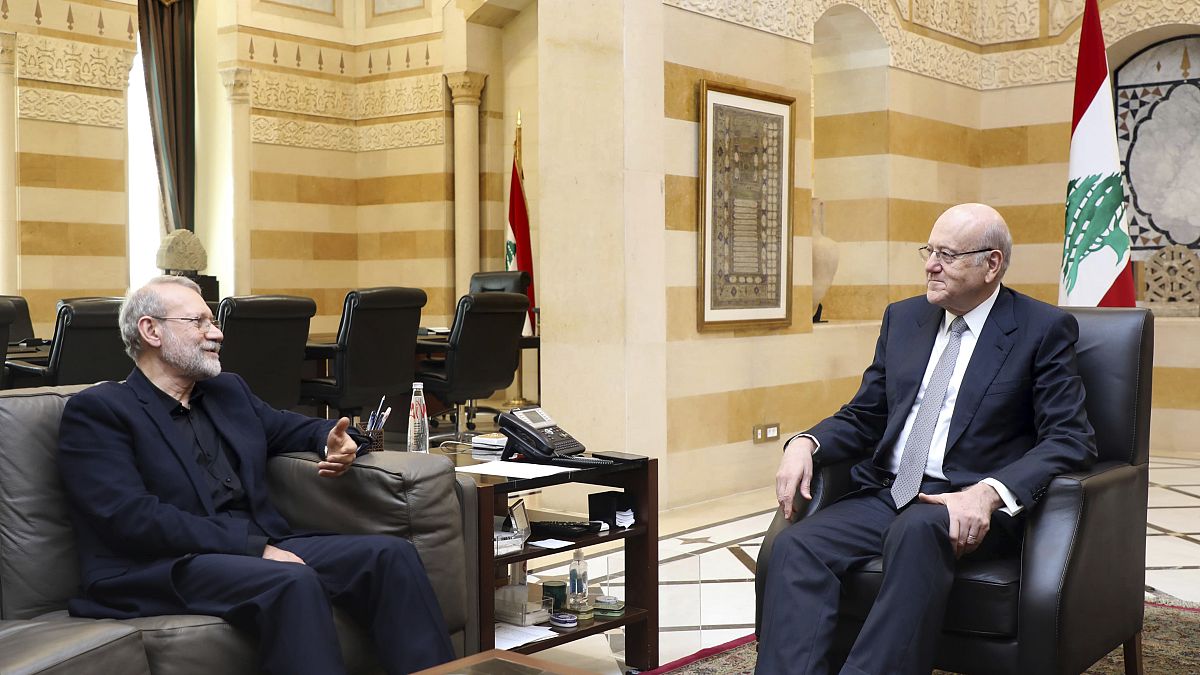Putin’s barbarism is somehow felt by us all even though it can be hard to get to grips with the magnitude of what’s at stake.
One reason may be what writer and academic Tom Nichols calls normalcy bias, an inherent resistance to accepting that large changes can upend our lives.
Join EUobserver today
Become an expert on Europe
Get instant access to all articles — and 20 years of archives.
14-day free trial.
… or subscribe as a group
Another may be what Lithuanian arts curator Raimundas Malasauskas calls unlearned lessons from history about Russia’s imperialist and colonialist drives.
Political scientist David Rowe is a Fulbright Nato Security Studies scholar and a visiting fellow at the German Marshall Fund, and he has been looking into why so much of Europe wasn’t ready for Putin.
Rowe, who’s on sabbatical from Kenyon College in the US, gives his personal views about how the EU needs to rethink the role of war and peace in building and maintaining liberal democracy.
Among points he addresses in this podcast are the consequences for the Western allies of not spilling their own blood in Ukraine, and the resentment Ukrainians will surely feel if the door to the EU club isn’t really open after all.
Rowe starts with a description of the philosophical roots — laid some two centuries ago — of the EU’s approach to international politics. It’s an approach that’s helped much of Europe keep the peace over recent decades. But it may also have left Europe flat-footed in the face of abhorrent aggression.
“The problem,” says Rowe, “is that peace seems so evidently good, that it is very easy to overlook the deep structures that give rise to it.”





















Discussion about this post